Keywords: Fiction
There are more than 200 results, only the first 200 are displayed here.
-
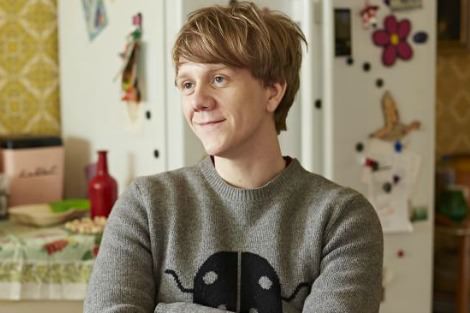
MEDIA
- Adolfo Aranjuez
- 29 November 2016
17 Comments
A recent Screen Australia report determined only 5 per cent of characters in Australian TV dramas could be identified as LGBTQI; less than half the proportion of real-world queer individuals in Australia. Media products are inherently normative, legitimising identities and lived realities through visibility. This is important, given the continuing debates surrounding marriage equality and the pervasiveness of homophobia, the result of which was seen in the suicide of 13-year-old Tyrone Unsworth.
READ MORE 
-
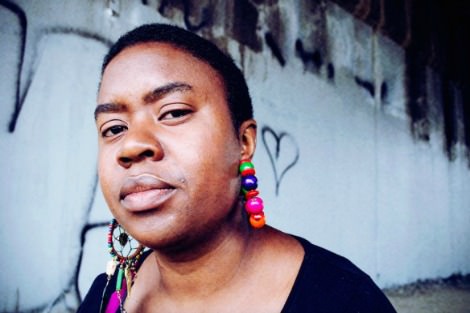
AUSTRALIA
- Neve Mahoney
- 25 November 2016
9 Comments
In a utopian world, free of racism and bigotry, there would be no problem with writers having complete artistic freedom. It becomes a problem when, for example, a white author takes the experiences of a Ugandan woman and writes a novel that becomes an acclaimed bestseller, while writers of colour struggle to get published and have their own stories told. This is white privilege at its finest. Morally, should the privileged be able to profit from the experiences and oppression of another culture?
READ MORE 
-

ARTS AND CULTURE
- Tim Kroenert
- 15 November 2016
1 Comment
In science fiction, stories of first contact typically have as much to say about humanity as they do about the extra-terrestrial creations of the author's imagination. Mary Doria Russell's 1998 novel The Sparrow explores the consequences of a Jesuit-led mission to a planet near Alpha Centauri, which are profound for the planet's sentient inhabitants and devastating for the human travellers. As in The Sparrow, language is central to Quebecois filmmaker Denis Villeneuve's philosophically piquant first contact story Arrival.
READ MORE 
-

ARTS AND CULTURE
- Mary Manning
- 09 November 2016
17 Comments
'Pull the levers, scoop the coffee, flatten it, steam fragrant liquid into white cups. My lever-pulling right arm has huge muscles from my coffee ballet. Around me: the buzz of conversations about people's plans for their day. No one knows I am lonely.' Short story by former Eureka Street editorial assistant Mary Manning, who died on Tuesday 8 November 2016.
READ MORE 
-
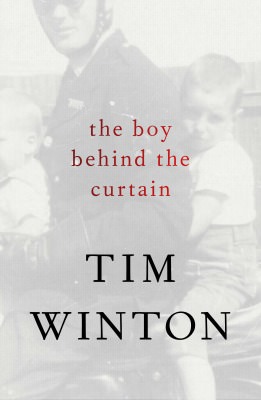
ARTS AND CULTURE
- Tim Kroenert
- 26 October 2016
1 Comment
'When I was a kid I liked to stand at the window with a rifle and aim it at people.' So begins the opening, titular essay. It is a singularly arresting entre to an essay that charts the author's complex relationship with firearms (part awe, part terror), by way of commenting on the place of guns in Australian society. In this collection of essays Winton adopts this mode frequently, weaving (sometimes deeply) personal narratives into stirring, thoughtful commentary on a broad range of social and political issues.
READ MORE 
-

ECONOMICS
- David James
- 10 October 2016
2 Comments
The strategy of the Big Four banks' appearance in parliament was clear enough. Blame the whole thing on a need to improve impersonal 'processes', imply that there have been a few bad apples but overall things are fine, and promise to do better in the future. The greatest challenge was probably to hide the smirks. A royal commission is being held up as an alternative, and no doubt it would be more effective. But a royal commission would not address the main issue.
READ MORE 
-
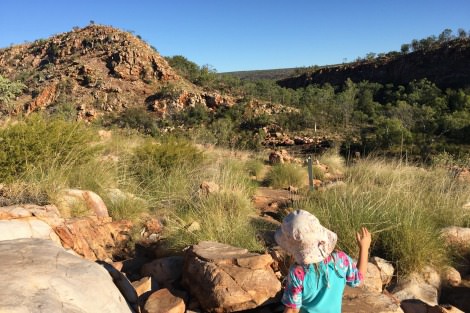
EDUCATION
- Sarah Klenbort
- 04 August 2016
While snorkelling at Ningaloo, we had an underwater lesson, in Auslan, about tropical fish and coral. On a walk to Manning Gorge on the Gibb River Road, I explained the terms 'first' and 'third-person' narrators. As we strolled past boabs, we discussed the merits and drawbacks of each perspective. Kaitlyn's written four stories on the trip so far and she recalled which point of view she chose for each story, and why. I used to criticise parents who thought their kids too precious for school. Now, I'm not so sure.
READ MORE 
-
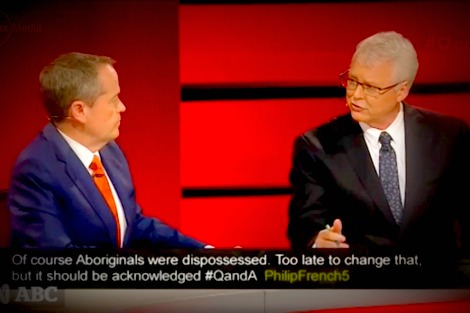
AUSTRALIA
- Celeste Liddle
- 22 June 2016
8 Comments
For the first time ever, I got the sense that political views on the importance of Indigenous issues had shifted. It was not due to an increase in Indigenous voices in the political discussions nor was it because either of the major parties announced a policy which I found remotely inspiring. Rather it was because, under the glare of the camera, the leaders of the two major parties both attempted to show a greater understanding of the Indigenous political agenda than they have before.
READ MORE 
-

ARTS AND CULTURE
- Belinda Rule
- 21 June 2016
4 Comments
I saw a younger girl, blonde hair in pink clips, spiral glitter sneaker laces - baubles of a treasured child that no-one ever bought for me. A girl in a parlour painting, and I the hairy spider hulking in the corner. In the war-room of the mind, I pierced my map with pins. How simple to trick her to some dirty culvert, hold her down, mar her white arms ... Civilisation was a hair draped on the head of a pin, each one of us poised, rigid, clutching our own pin still - I could see I would cramp with the effort all my life.
READ MORE 
-
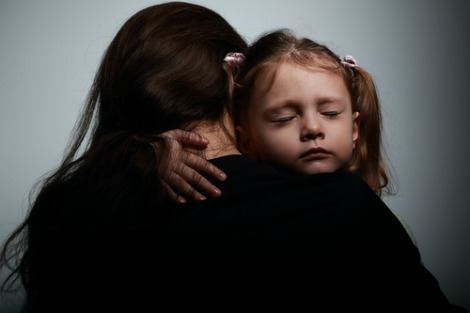
ARTS AND CULTURE
- Suvi Mahonen
- 01 June 2016
5 Comments
'Hi,' the text began. 'Just letting you know there's no pilates tonight. We're all going to The Hub to C an indie music jam. C U next week?' I put my phone down and stared numbly around my kitchen. Dirty dishes jammed the sink. My toddler's banana was smeared all over the fridge door, but I couldn't gather the energy to wipe it clean. I knew I was lucky to have everything I'd worked for - family, a new apartment, financial stability - but I also knew I had never felt so lonely. 'C U next week.'
READ MORE 
-
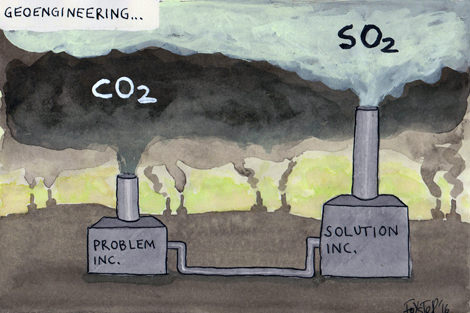
ENVIRONMENT
- Greg Foyster
- 14 April 2016
10 Comments
Geoengineering means intervening in the Earth's climate to offset global warming. It's hacking the planet on a monumental scale. The most widely studied proposal is spraying sulphate particles into the upper atmosphere to reflect sunlight, cooling the planet. The idea comes from huge volcanic eruptions, which can blast millions of tonnes of sulphur into the stratosphere, creating a kind of chemical sunshade. After decades of being taboo, this outlandish scheme is now being taken seriously.
READ MORE 
-

AUSTRALIA
- John Falzon
- 30 March 2016
11 Comments
The Prime Minister wants us to be clever. Well how about we make sure everybody's got a place to call home? The problem of homelessness and the shortage of social and affordable housing is so huge that we need a massive solution and a massive financial commitment if we want to lay claim to being civilised and fair, let alone smart and innovative. This is why, among things such as reforms to negative gearing and capital gains tax, we need a $10 billion social and affordable housing fund.
READ MORE 